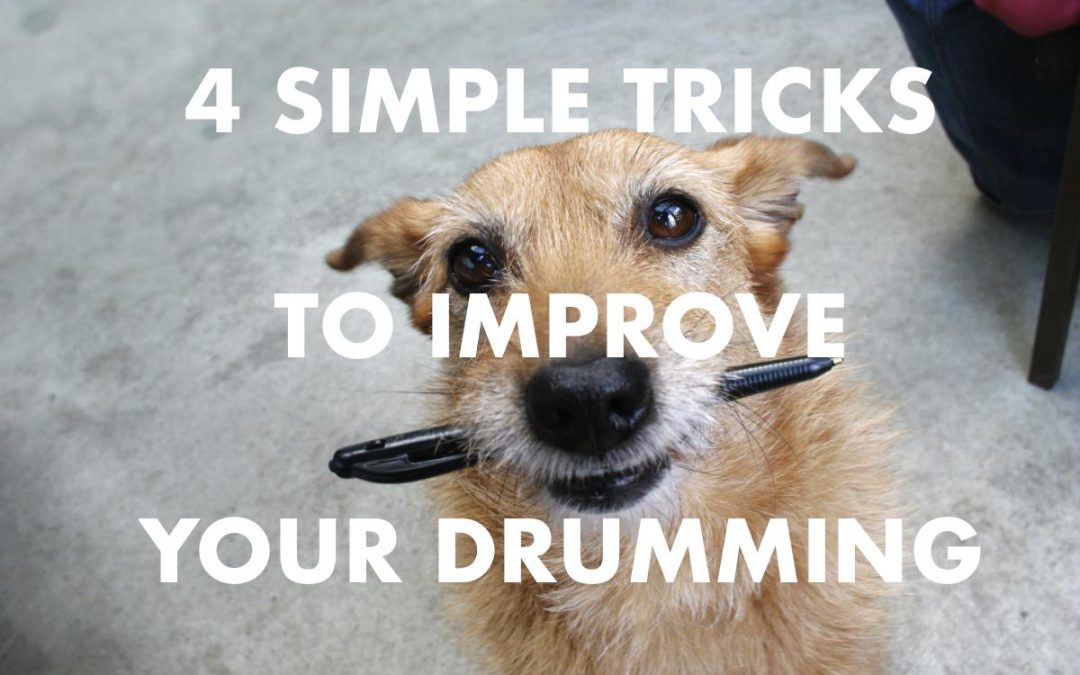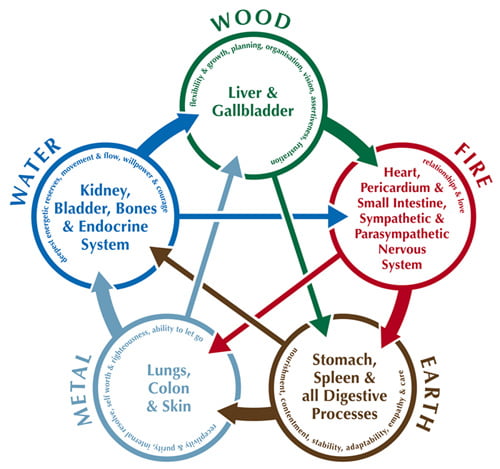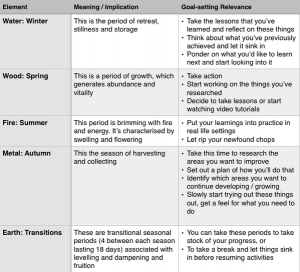
Dealing with Imposter Syndrome
Imposter syndrome
Do you get imposter syndrome? It sucks, doesn’t it… Not sure what I’m talking about? It’s that deep-seated doubt in your skills, talents or achievements and the fear that people will find out you’re a fraud. It’s essentially a thought pattern, one that despite evidence that supports the opposite persists, popping up every so often.
Why did I want to talk about imposter syndrome? Because I thought it would be interesting to share that I get it myself, and some things I do to help me combat it, which boil down to tracking our own progress, not someone else’s, over time.

Progress over time: Here’s the beginning stages of building my new purpose-built studio, where I teach and record drums for artists world-wide.
The issue
Personally, it’s hard to pinpoint where this doubt comes from for me. I’d say the idea of comparing myself to others plays a part in it. Now, I think it’s natural to compare ourselves to others, but we gotta do so in a healthy way. When the self-doubt creeps in, I start asking myself unhealthy questions such as
- Why others seem to be doing better than I?
- Is it because there’s something wrong with me and what I do?
- What am I doing wrong?
- Am I not good enough, and therefore a fraud?
These questions are of course valid! Yet it’s more to do with the angle at which we’re looking at ‘em. One point of view is that comparing oneself to others can be a great way to help us remain competitive and push ourselves to be the best we can be. However, when that perspective is negative, they’re quite frightening. And add to the vacuous nature and consumption of Social Media to the mix and you got yourself a real recipe for disaster!
Lucky for me, these thoughts are just cyclical, and I here’s a couple of things I do to help me snap out of it.

Progress over time: 4 layers of insulation means recording and teaching in the room is interruption-free!
Apples to apples
What helps me is a combination of things that are focused on reminding myself to only compare me with me over time. And I try to use calm and positivity to help ease my mind… Sounds corny, I know.
Admire and aspire
We may see someone we admire and aspire to be like, but we’re not them, never going to be them, and that’s OK. The older I get, the more I learn to accept who I am, how I am, and look to develop myself and what I do to the best of my abilities, not someone else’s.
A highlight reel
It’s also worth reminding ourselves that Social Media is just a highlight reel… It’s what happens between real life. It’s easy to get sucked into it, and in my view, can help imposter syndrome thrive.
Breathing
Taking a deep breath and focusing on my breathing really calms my “monkey mind”. My old therapist taught me what he called “7:11 breathing” where you breathe in for 7 counts and out for 11 nice and slow. And if you want to take it to the next level, he said, pay attention to the point at which the air comes into your nose.
Talk about it
Speak to someone, be it a peer, your partner, family member, a therapist… Anyone whose opinion you trust, and not someone who you think is going to blow smoke up your butt!

Progress over time: with the shell complete, it was time to lay down flooring, painting the wall, and move the equipment in!
SMART goals
When thinking about this idea of comparing ourselves to ourselves over time, goal-setting comes to mind. This is something I’ve briefly discussed before, yet I wanted to go a bit more in detail because I think it’s a great tool for imposter syndrome.
Set yourself a goal that you can look back on and see how far you’ve come. However, make sure your goals aren’t unrealistic and unattainable; make ’em S.M.A.R.T goals:
Specific
What do you want to accomplish? Be clear and specific about it as otherwise you’ll lose focus in getting there. Think about what and who is involved in achieving it? Try and think of all the variables involved.
Measurable
How will you measure your goal? If we’re thinking drums, for instance, it could be BPM, or perhaps how many minutes can you improvise. If like myself, you’re a business, the number of students or monthly sessions could be your metric… Just make sure it’s measurable.

Progress over time: spent a couple of days painting, and laying down wood flooring with my partner. That was fun!
Achievable
Nothing wrong with shooting for the stars! However, your goal needs to be realistic, as otherwise you’ll be setting yourself up for failure. Think about how you can accomplish your goal and the work involved in doing so. Work within those parameters!
Relevant
Your goal needs to be important and relevant to you. Again, what do you want to achieve! Similarly, don’t ignore the wider factors that affect relevance, such as whether it’s a worthwhile pursuit, and whether it’s the right time for you to be looking to achieve this.
Time-bound
This is where we come full circle… By giving ourselves a time in which to achieve our goal, we can then look back and see how much we’ve accomplished. Think about how long you want to give yourself to achieve it, and what you can do today, in a month from now, etc in order to reach your target.

Progress over time: whilst I’m still putting up panels for an optimal room sound, I’ve now started recording and teaching in there. The drums sound great!
The proof is in the pudding
This is the kind of thing that works for me in order to help me track my progress! Even if I’m not going ahead and thinking about each of these things in detail, the idea here is that when I look at where I am today, I look at where I was a year ago and where I want to be in the future. The operative concept here is I and not the chump next door. Remember: the proof is in the pudding!









